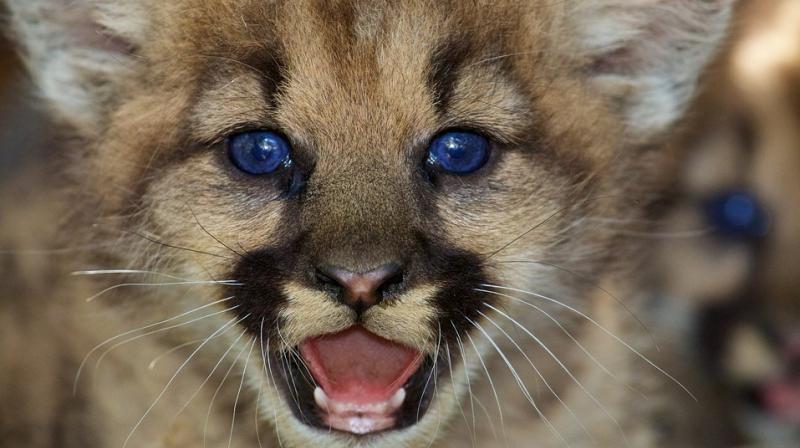'Secretive' pumas more tolerant and socially than previously thought: Study
Pumas, long known as solitary carnivores, are more social animals than previously thought.

Pumas, long known as solitary carnivores, are more social animals than previously thought, according to a study published today.
The study is the first to quantify complex, enduring, and "friendly" interactions of these secretive animals, revealing a rich puma society far more tolerant and social than previously understood.
"Our research shows that food sharing among this group of mountain lions is a social activity, which cannot be explained by ecological and biological factors alone," said Mark Lubell from University of California, Davis in the US.
The findings may have implications for multiple species, including other wild cats around the world.
"It is the complete opposite of what we have been saying about pumas and solitary species for over 60 years," said Mark Elbroch, lead scientist with the Panthera Puma Programme.
"We were shocked. This research allows us to break down mythologies and question what we thought we knew," said Elbroch, lead author of the study published in the journal Science Advances.
Pumas have been assumed to avoid each other, except during mating, territorial encounters, or when raising young. The population studied interacted every 11-12 days during winter.
That is much less frequent than more gregarious species like meerkats, African lions, or wolves, which interact as often as every few minutes, researchers said.
To document social behaviour, the scientists had to follow pumas over longer time spans.
The team collected thousands of locations in northwest Wyoming in the US from GPS-equipped collars and documented the social interactions of pumas over 1,000 prey carcasses.
Of those studied, 242 were equipped with motion-triggered cameras that filmed interactions and served as evidence of social behaviour.
"Suddenly, I was able to see what was happening when these animals were coming together," Elbroch said.
"By stepping back, we captured the patterns of behaviour that have no doubt been occurring among pumas all along," said Elbroch.
The research team analysed puma networks to reveal that the species exhibits social strategies like more social animals, just over longer timescales.
The study emphasises that puma populations are composed of numerous smaller communities ruled by territorial males. The loss of males, whether by natural or human causes, potentially disrupts the entire social network.

